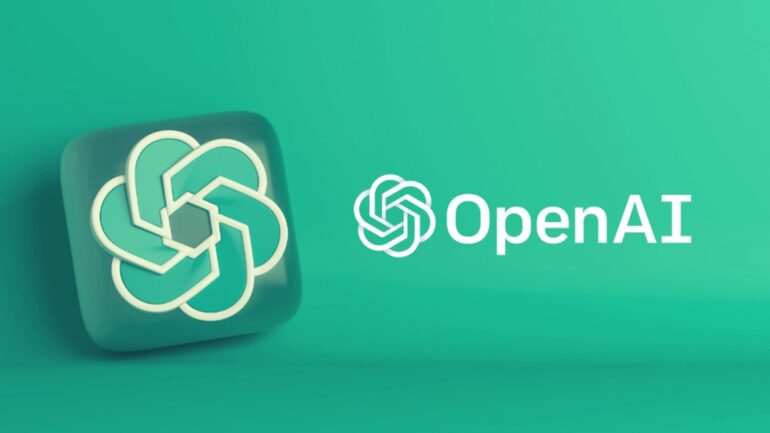TL;DR:
- OpenAI has reinstated internet browsing capabilities for ChatGPT.
- ChatGPT can now provide up-to-date information using Microsoft’s Bing search engine.
- The move benefits tasks requiring current data, such as technical research and consumer decision-making.
- Previous concerns about circumventing paywalls have led to safeguards and rules being implemented.
- OpenAI plans to expand web browsing to all users in the near future.
Main AI News:
In a significant move, OpenAI has reintroduced internet browsing privileges to its flagship AI, ChatGPT. This development, unveiled recently, marks a pivotal shift in the capabilities of the AI chatbot, which until now had relied solely on pre-September 2021 knowledge. With this update, ChatGPT gains the ability to scour the web, utilizing Microsoft’s Bing search engine to provide users with up-to-date responses to their queries, effectively bridging the gap between its existing knowledge and the rapidly evolving online world.
The revival of web browsing functionality brings with it a host of advantages, particularly in scenarios demanding real-time information. Whether it’s aiding in technical research, assisting with consumer choices like selecting a bicycle or facilitating vacation planning, the ability to access current data is paramount. OpenAI acknowledged the significance of this feature, stating, “Browsing is particularly useful for tasks that require up-to-date information.”
It’s worth noting that OpenAI had initially introduced Bing search functionality back in May, but it was subsequently paused within two months due to concerns that it could potentially enable users to circumvent paywalls set up by websites to grant exclusive access to subscribers. ChatGPT was not the sole AI chatbot with this capability, as both Microsoft’s Bing Chat and Google’s Bard had exhibited similar traits, though measures were taken by both companies to curb this ability.
With this latest update, OpenAI has also implemented new rules and safeguards to ensure responsible web crawling. These include respecting sites’ robots.txt files, which provide directives to web crawlers regarding what information can and cannot be indexed. Additionally, the AI is now equipped to identify user agents, enabling websites to exert control over ChatGPT’s interactions with their content.
OpenAI has not disclosed all the specific safeguards put in place to prevent ChatGPT from bypassing paywalls, but it is clear that measures have been taken to address this concern. The company is expected to provide further details in due course.
At present, ChatGPT’s reinstated internet privileges are accessible exclusively to Plus and Enterprise users. OpenAI has plans to expand this feature to all users in the near future, allowing broader access to this transformative capability. To activate web browsing, users can simply choose “Browse with Bing” from the selector under GPT-4.
This development comes hot on the heels of OpenAI’s recent upgrade to ChatGPT, which introduced multimodal capabilities, enabling the AI to process and respond to both text and audio inputs. This expansion includes the introduction of five AI-generated voices, enhancing the user experience and allowing users to interact with ChatGPT through uploaded images. However, these new features are currently restricted to paying customers, with OpenAI set to make them available to free-tier users in the coming weeks.
OpenAI’s services have experienced explosive growth in recent quarters, with analysts at UBS dubbing ChatGPT the fastest-growing web app of all time in February. In light of this success, OpenAI is reportedly contemplating selling shares held by its employees to investors, a move that could potentially boost the company’s valuation to as high as $90 billion.
Conclusion:
OpenAI’s reintroduction of web browsing for ChatGPT signifies a significant enhancement in its capabilities. This development opens up opportunities for businesses to access real-time information, improving decision-making processes and enhancing user experiences. It reinforces OpenAI’s commitment to advancing AI services and is poised to impact the market positively, catering to the growing demand for up-to-the-minute information in various industries.

